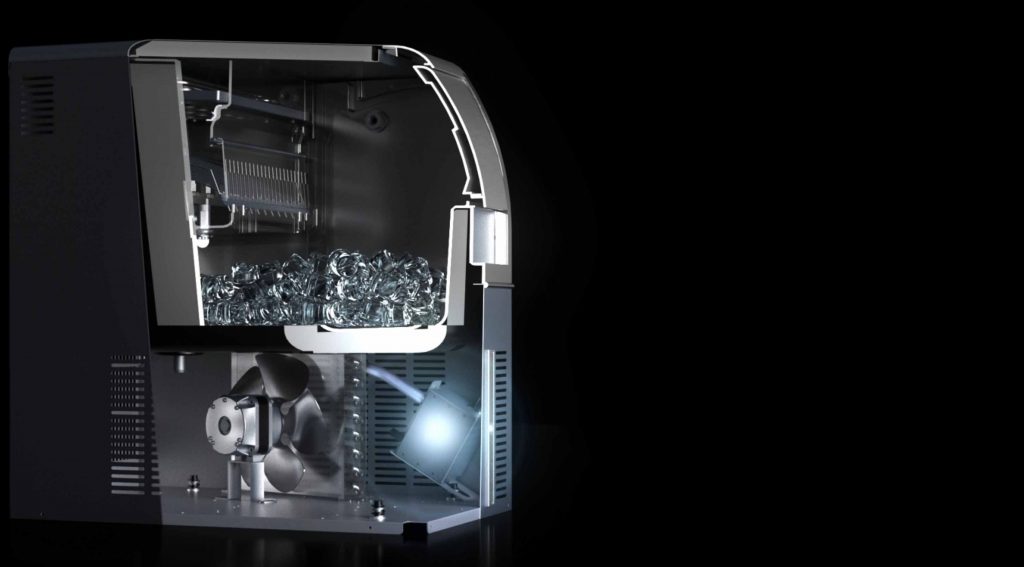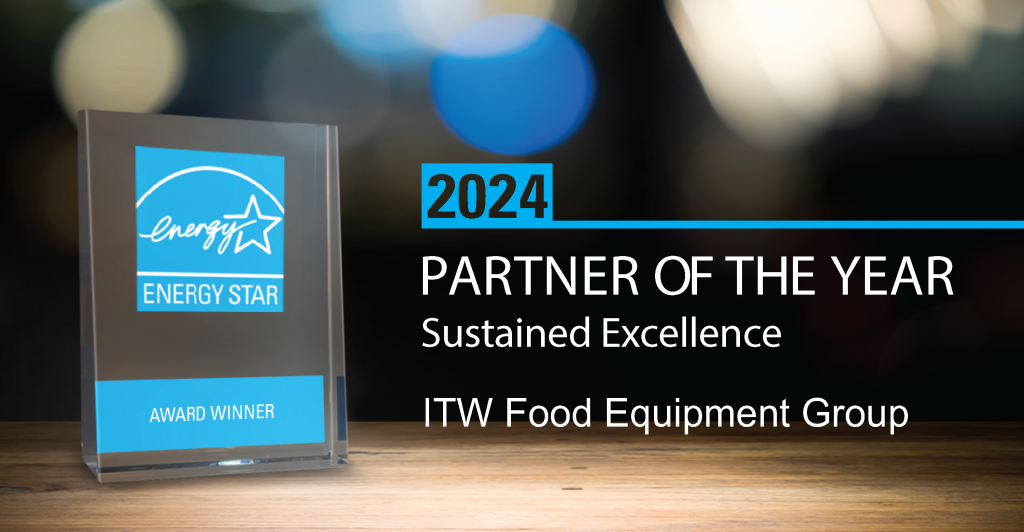
In 2015, nearly 200 countries adopted a set of Sustainable Development Goals (SDGs) to end poverty, protect the planet and ensure prosperity for all as part of the UN’s new sustainable development agenda. The foodservice industry has a vital role to play in creating a better future and helping countries align with the UN’s SDGs, but gaining internal buy-in for change can be difficult.
The common misconception about the SDGs is that they are just designed for large businesses, the point of the goals is that they are trying to encourage everybody from individuals, to giant industry bodies to make a contribution. For smaller businesses it’s a great place to align with larger businesses and no matter what impact you expect your contribution to have, everyone has a part to play in the bigger picture of sustainability.
Sustainability can mean a number of things and the SDGs break down these big issues into more sizeable chunks that can then start to be tackled. From gender equality to affordable and clean energy – they are all encompassing.
The three Rs – regulation, resource and reputation
The three Rs can apply pressure to a business, because for any organisation there is a convergence of issues they need to respond to, however they may also help frame a business decision to become more sustainable.
Meeting regulation around things like toxicity and carbon emissions requires extra resource and this has a cost implication. There is a huge amount of reputational pressure for greater transparency around sustainability decisions. Businesses need to make a decision whether just to meet regulation, or to throw resources at issues in the supply chain with a goal of becoming more sustainable. If they do, this is likely to enhance their reputation within the industry, both among their peer organisations and with consumers.
Organisations that are implementing sustainability practices find it easier to attract and retain talent, lowering retainment and recruitment costs overall. In fact, according to the Millennial Engagement Study by Cone Communications, 76% of millennials consider a company’s social and environmental commitments when deciding where to work.
The $12trn opportunity
It is essential to make a business case for company-wide buy-in to improving sustainability. The common misconception is that it is simply an increased administration burden rather than a business opportunity. The $12 Trillion Opportunity concept outlined by the Business & Sustainable Development Commission report, Better Business, Better World, suggests the financial opportunity to respond to the sustainability goals amounts to $12trn across four key economic areas, of that it is suggested the potential opportunity amounts to $2.3trn for the food & agriculture sector. Additionally, the concept not only suggests that there is a financial opportunity around the adoption of the SDGs for businesses, but places emphasis on the fact that if organisations don’t start responding to these opportunities there is a point where they become a risk to the business instead.
Steve Malkin
About The Planet Mark
The Planet Mark is an internationally recognised sustainability certification. Many companies struggle to know where to start to meet these sustainability regulations and this is where certification programmes can help. Acting as an out-of-house sustainability team we can assist businesses with understanding changing regulations and draw up manageable steps that will help them start achieving their goals.




